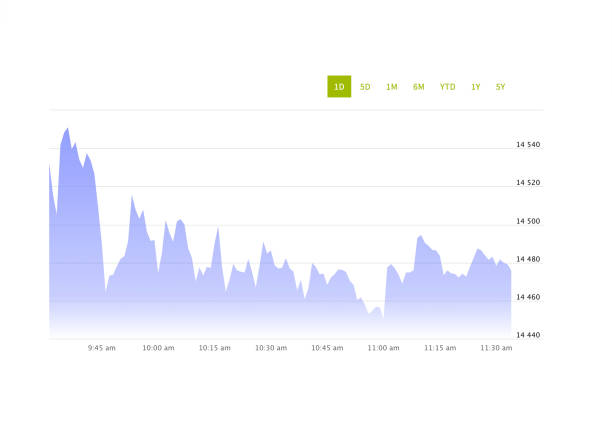
For many, the path to repaying debt feels like a long, uphill climb with no clear view of the summit. Traditional methods, like watching a single loan...
Read More
The image of a housing crisis often conjures pictures of visible homelessness in urban centers, but the societal impact of a pervasive lack of afforda...
Read More
- Start by taking inventory of all your outstanding debts. - Look for ways to maximize your disposable income so you can put more money towards your ...
Read More
The Debt-To-Income Ratio, commonly referred to by its acronym DTI, is a cornerstone of personal financial health, serving as a critical benchmark for ...
Read More
The shadow of overextended personal debt casts a long and damaging pall over an individual’s financial identity, primarily embodied by their credit ...
Read More
The crisis of overextended personal debt is a complex financial state where liabilities become unmanageable, and its profound impact on an individualâ...
Read MoreContact your state’s public utility commission, United Way (dial 211), or community action agencies for guidance on emergency assistance and payment plans.
A charge-off is one of the most severe negative items that can appear on your credit report. It signals to future lenders that you failed to repay a debt as agreed, causing a massive drop in your score and making it very difficult to obtain new credit.
Enrolling in a DMP itself is not reported to the bureaus. However, creditors may note that accounts are being paid through a counseling plan, which some lenders may view negatively, though the positive impact of consistent on-time payments usually outweighs this.
Unpaid bills sent to collections can hurt your score, but paid medical collections are removed from credit reports. New rules also delay reporting medical debt to bureaus for 365 days.
This typically happens by financing a vehicle with a small or no down payment, choosing a long loan term (72-84 months), and rolling over negative equity from a previous trade-in.